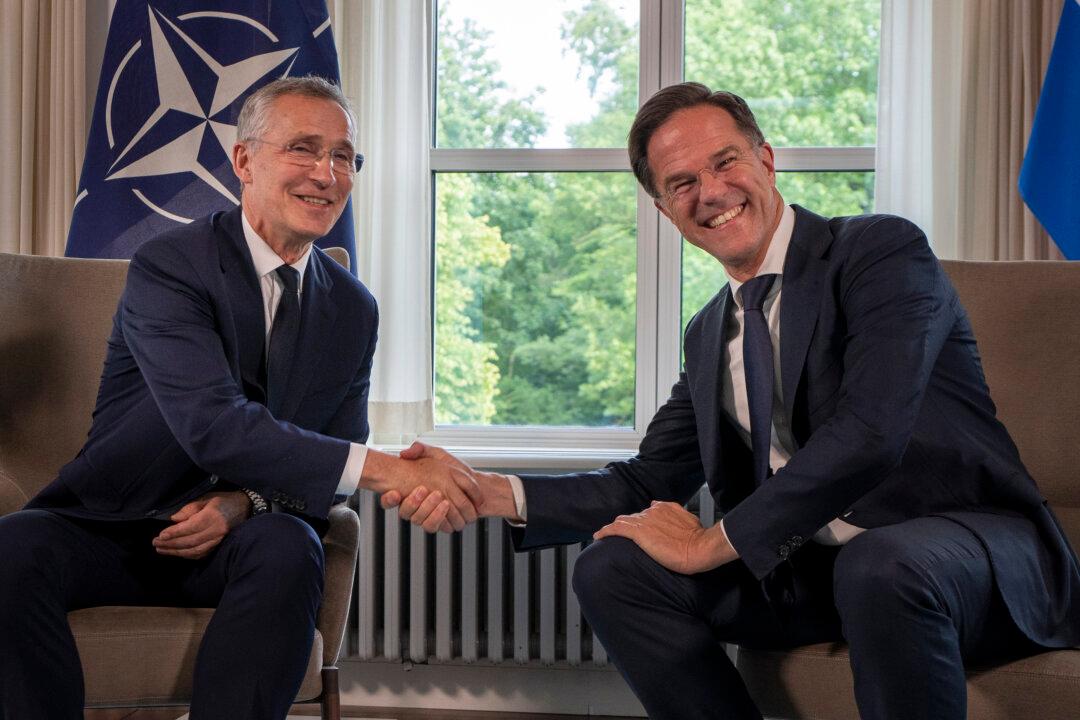NATO Secretary-General Jens Stoltenberg has stepped down from the role and handed it over to former Dutch Prime Minister Mark Rutte.
In a final interview, Stoltenberg, 65, said members of the NATO alliance should not be deterred from giving more military aid to Ukraine by the “reckless Russian nuclear rhetoric” coming from Russian President Vladimir Putin.





